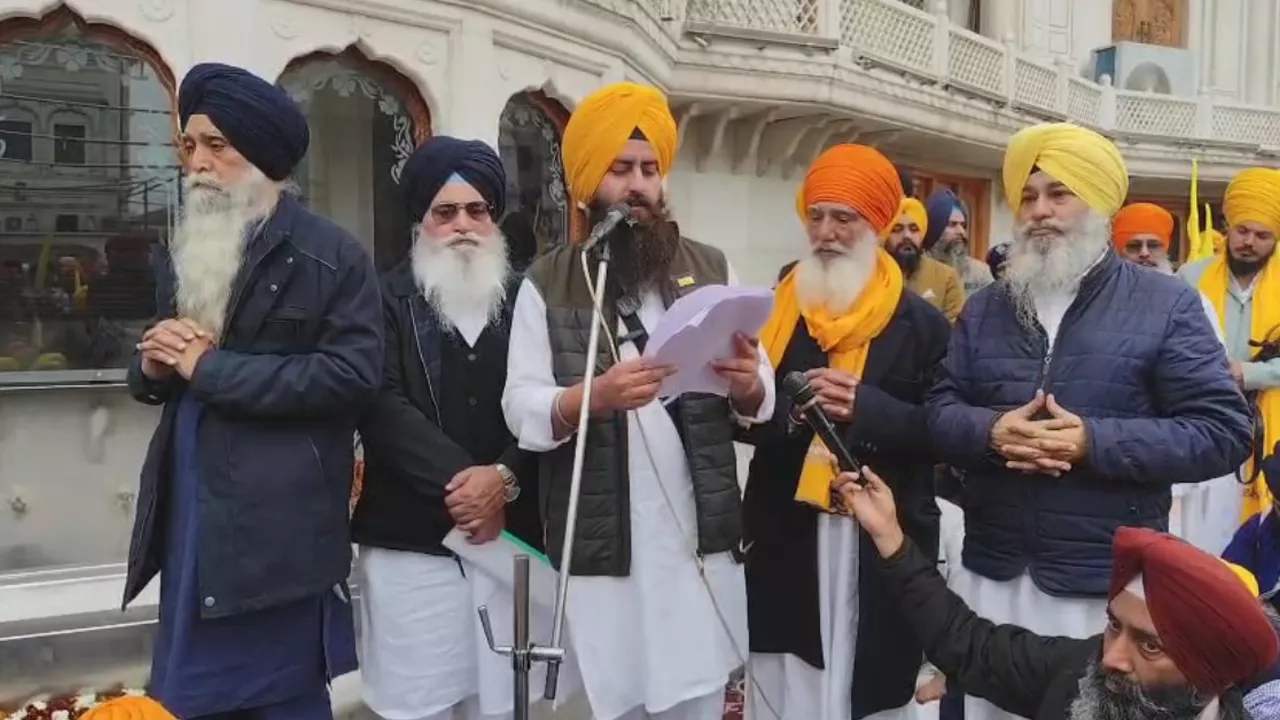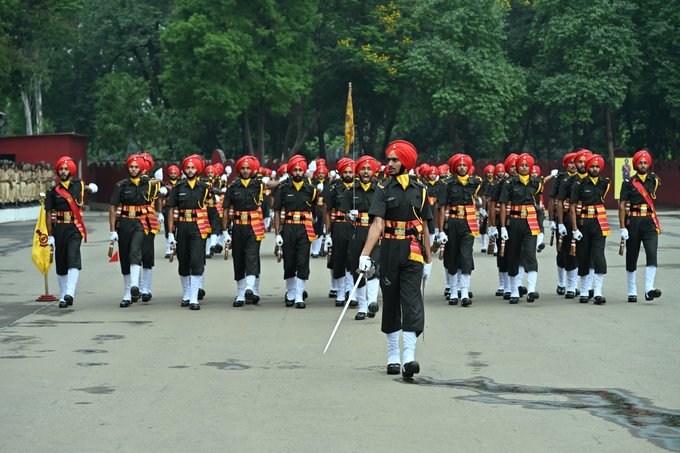It has been 100 years since chapati (unleavened flatbread), the staple food of Sikhs, became a favorite dish of Malayalis in Kerala. The origins of the chapati in Kerala go back to the Vaikom Satyagraha. The satyagraha from 30 Mar 1924 to 23 Nov 1925, was a nonviolent agitation for access to the prohibited public environs of the Vaikom Temple in the Kingdom of Travancore. Fresh from their victory in the Gurdwara Movement, the Akalis arrived in Kerala under the leadership of Sardar Lal Singh and Baba Kripal Singh from Amritsar on 29 Apr 1924. They set up a langar (communal free kitchen) and distributed free chapatis. Instead of mustard oil, Malayalis used coconut oil, ghee, dalda, and palm oil. Malayalis enjoyed the food and continue to do so. However, the langar was interrupted. MK Gandhi opposed protesters accepting free food from the Sikhs, stating it was improper for those who could afford to eat. He considered it akin to beggary. The Akalis insisted they would not close the langar without the Gurdwara Committee's order. Historian KM Panicker reports that the Gurdwara committee members agreed to shut down the langar. The Akalis returned to Panjab but the chapati has remained a mainstay on Malayali dinner tables. Story writer K K Sudhakaran is the president and Reji Parappuram is the secretary of the Katha Literary Organization, which celebrated the 100th anniversary of chapati's arrival on 29 Apr. It is ironic that while the whole world today accepts langar as one of the greatest contributions of Sikhs, Gandhi did not understand the tradition.


Like what you're reading? Subscribe to our top stories.
Liv Forum provides a digest of analysis on major issues facing Indian (East) Panjab and Sikhs globally.
In accordance with our Privacy Policy, we will never share or sell the information of our subscribers.






